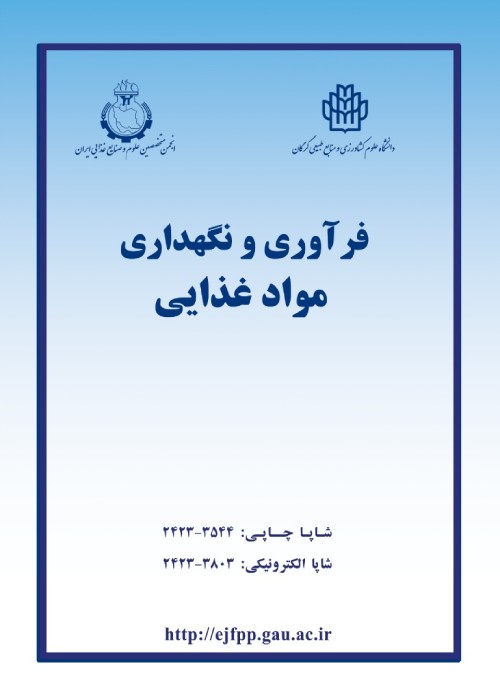Investigation on Thermal Stability of Peanut and Rice Bran Oils and Their Blends by DSC
Deep-fat frying is one of the most commonly used food preparation methods. It is important to note that despite the beneficial effects of frying on the sensory properties of foods, frequent use of frying oil with hydrolysis and the oxidation of oil in the presence of heat and water leads to oil decomposition. Many of the degradation products of edible oils are harmful to human health as they destroy vitamins, inhibit enzymes and potentially cause mutations or gastrointestinal irritations. Therefore, it is important to evaluate the thermal stability of edible oils. In recent years, the use of thermal analysis methods to determine the stability of edible oils has increased, and differential scanning calorimeter (DSC) is one of the most critical methods. DSC can also be used to determine melting profile characteristics and crystallization like the heat of transition, and phase diagram in lipids material that contains lipid compounds and to identify adulterations in lipids.
In this study, fatty acids composition, peroxide value, anisidine value, totox, acidity, and total polar compounds were evaluated on peanut oil, rice bran and their blends (5, 10, and 15 % (w/w) rice bran oil in peanut oil) for 8 hours with 2 h interval. Increasing heating time cause to increase significantly all chemical parameters and only peroxide value increased and then decreased, respectively (p <0.05).
The results of the DSC showed that with increasing the frying time, the peak temperature and enthalpy of single crystallization peak decreased. The regression equations were presented to predict each chemical parameters using DSC thermograms. Investigation of the correlation between the results of DSC and chemical parameters by Pearson correlation showed a reverse trend between them (Pearson correlation coefficient is close to -1). Because as the frying time increased, the chemical parameters increased and DSC parameters decreased. Each of the peanut and rice bran oils showed excellent resistance to heating after 8 h. However, the blend of these oils, especially in the high mixing ratio, showed less resistance to heat.
It should be noted that using DSC to detect the thermal stability of vegetable oils is a faster, easier, and cheaper method than chemical parameters determination that can be hazardous to the environment and require trained people. Therefore, relying on thermal decomposition methods can be characterized by their ease of preparation, the low sample size for tests, accurate results, reproducibility and smooth operation in the food industry, and especially the stability of edible oils.
- حق عضویت دریافتی صرف حمایت از نشریات عضو و نگهداری، تکمیل و توسعه مگیران میشود.
- پرداخت حق اشتراک و دانلود مقالات اجازه بازنشر آن در سایر رسانههای چاپی و دیجیتال را به کاربر نمیدهد.


